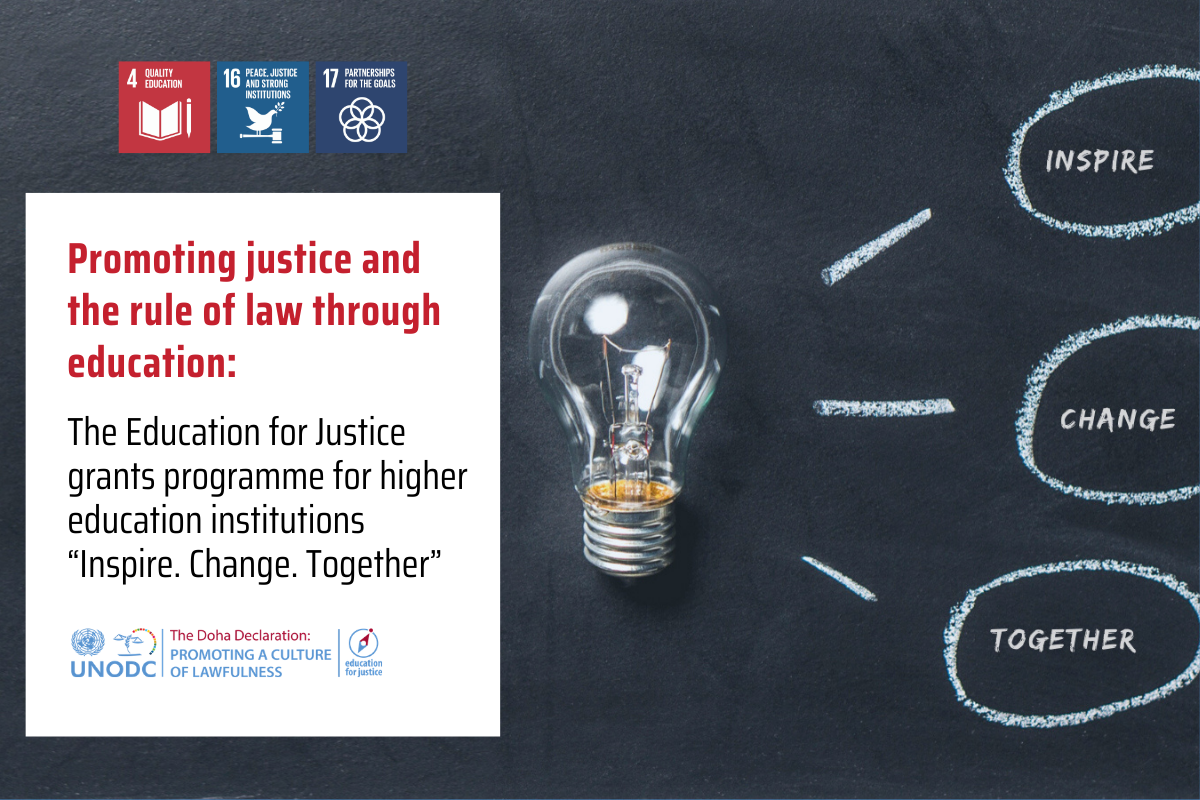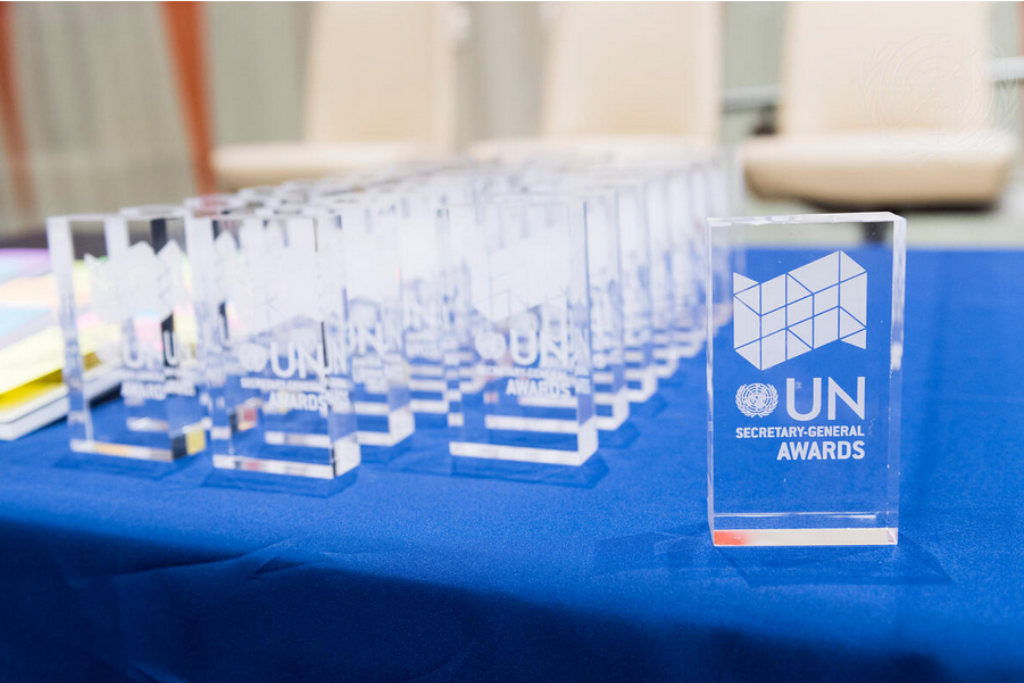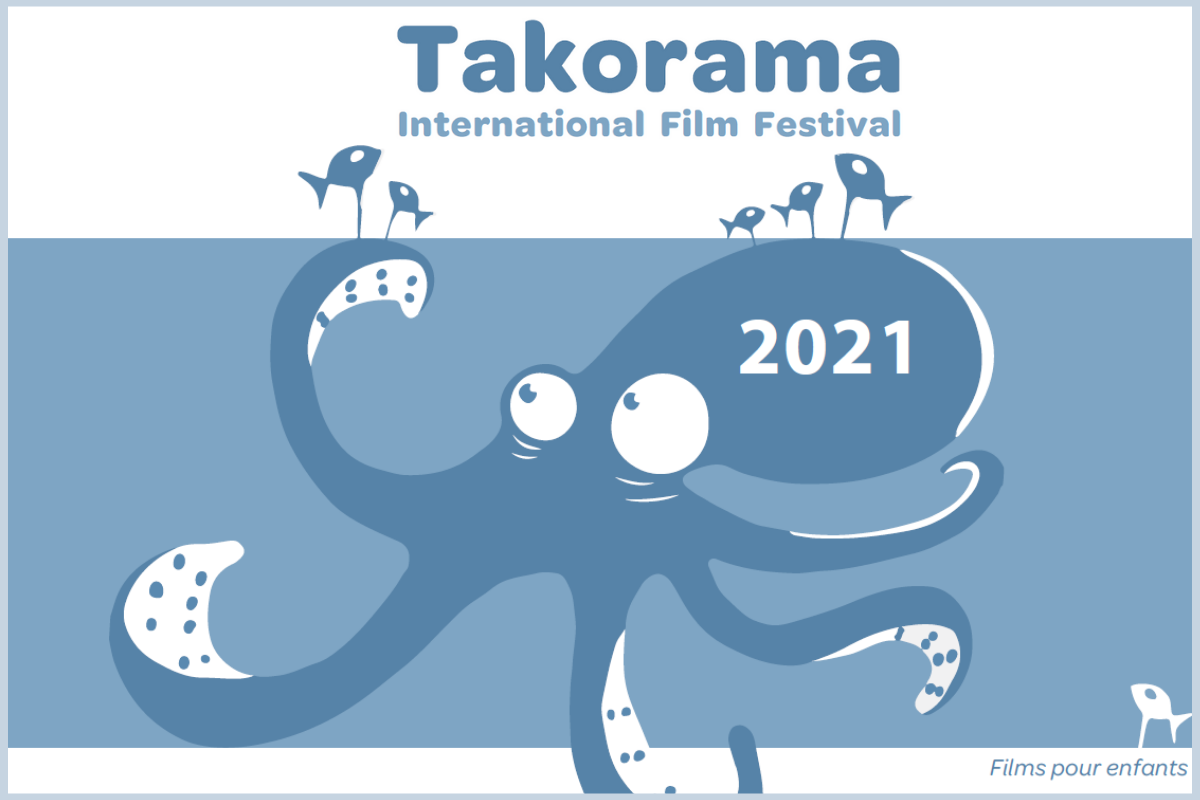#Hack4Justice: Students compete to develop games to boost rule of law

4 August 2017 - This past week, UNODC's Education for Justice (E4J) initiative held its first ever hackathon (or coding challenge) in South Africa. The event - #Hack4Justice - saw some 34 secondary school students between the ages of 13 and 18 gather in Johannesburg, South Africa to battle it out at the keyboard and show off their ideas and talent in developing educational games focussing on justice and rule of law issues.
Organized in partnership with the South African NGO Africa Teen Geeks, the hackathon feeds into the development of a series of interactive tools to help students learn about these issues as part of the organization's Doha Declaration Global Programme. With secondary school students the ultimate consumers of the final games, the hackathons present an ideal opportunity to involve the future users of these products right from the start - and to gauge the kind of approach youth would take to teach justice values among their peers.
Held over two days, the South Africa hackathon also brought in various mentors who provided on-going feedback and advise to the participants. The mentors helped guide students in terms of technical issues, educational questions, and topical concerns around E4J-related themes.
After a tough decision, one of the teams was chosen as a winner after being scored highest by judges and a popular vote of the other participants. The team of young teenagers impressed their competitors and the jury - who comprised representatives from education, Government and business - with their technical implementation and good coverage of topics covered under E4J. Their winning entry was in the form of a mobile app where players pass levels by correctly responding to questions related to corruption.
The Johannesburg hackathon is one of three being held in different parts of the world to better take into account different views from youth on the topic. In addition to South Africa, hackathons are being held in Bolivia and Indonesia. It forms part of the wider E4J work which is developing and disseminating educational materials on the issues of crime prevention, criminal justice and other rule of law aspects at the primary, secondary and tertiary levels worldwide.
Additional information:
Doha Declaration Global Programme


